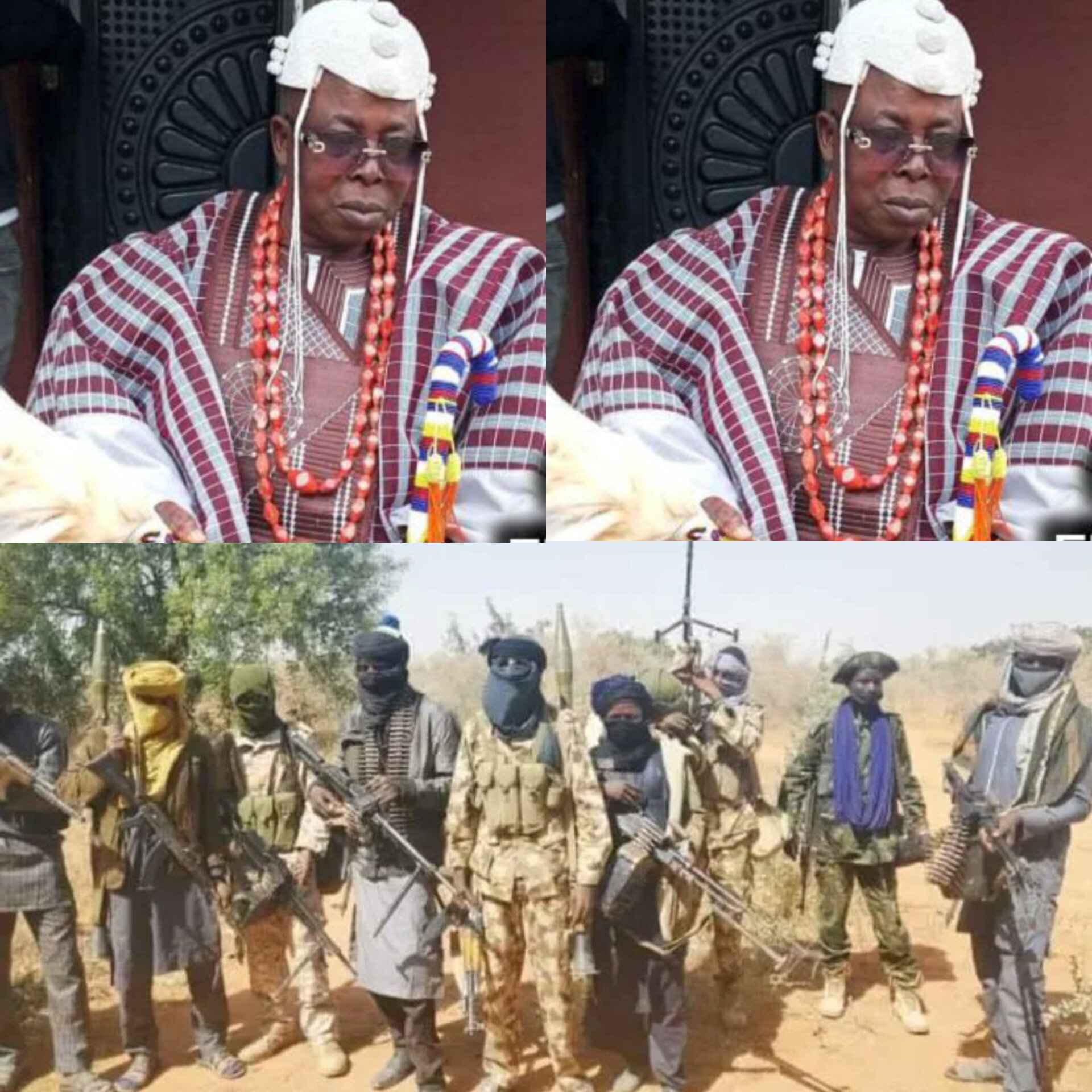EFCC Raises Alarm as Corrupt Politicians Use Cryptocurrencies to Hide Stolen Funds

The Chairman of the Economic and Financial Crimes Commission (EFCC), Ola Olukoyede, has revealed that some corrupt Nigerian politicians are now hiding stolen public funds in cryptocurrency wallets to evade detection and scrutiny by anti-graft agencies.
Speaking on Thursday at an event marking Africa Anti-Corruption Day, Olukoyede disclosed that virtual asset fraud is on the rise, with public officials increasingly using digital currencies to warehouse illicit wealth and facilitate shady transactions.
“Fraudulent politicians are already perfecting schemes and hiding their loot in cryptocurrencies to beat the investigative blackness of anti-corruption agencies,” Olukoyede said during the event monitored in Abuja, Lagos, and Ibadan.
He warned that while cryptocurrencies were created to enhance financial convenience, they are now being exploited for money laundering and investment fraud.
The EFCC chairman, represented in Lagos by C. E. Michael Nzekwe and in Ibadan by Hauwa Ringin, said the agency was not helpless in tackling these digital crimes. He noted that proactive training, intelligence gathering, and inter-agency collaboration had helped uncover major fraud cases.
“Proactive and broad-based training and intelligence are bringing fraudulent schemes to the fore,” he said.
The commission cited the CBEX crypto scam, where Nigerians reportedly lost over ₦1.3 trillion, as a recent example of how virtual asset platforms are being weaponised against unsuspecting citizens.
Also speaking at the Abuja event, the Deputy Governor of Economic Policy at the Central Bank of Nigeria, Muhammad Abdullahi, said over $56 billion in crypto-related transactions occurred in Nigeria between July 2022 and June 2023, making the country Africa’s top digital asset hub.
However, this rapid growth has triggered a spike in financial crimes. According to the CBN’s 2024 Financial Stability Report, 70% of all fraud losses in Nigeria were linked to digital platforms, with over 30 Ponzi schemes flagged.
“These developments pose major risks, including loss of consumer confidence, weakening financial integrity, and reputational damage to Nigeria,” said CBN Governor Yemi Cardoso, as represented by Abdullahi.
Cardoso disclosed plans to launch a National Virtual Asset Wallet in partnership with the EFCC to warehouse seized digital assets. He added that oversight of banks and fintechs had also been strengthened following discovery of KYC lapses and weak transaction monitoring systems.
In Lagos, anti-fraud expert Kaina Garba outlined the mechanics of virtual asset fraud, warning that Ponzi schemes disguised as crypto projects, fake token sales, and phishing scams were spreading fast.
“Criminals now exploit virtual assets to defraud unsuspecting investors and disappear after marketing fictitious projects,” he said.
According to Garba, the newly passed Investment and Securities Act 2025 now provides a legal framework for digital assets. The Securities and Exchange Commission (SEC) has responded by creating a Digital Asset Division and enforcing stricter licensing procedures.
“We engage applicants through structured incubation before granting approval,” said John Achile, SEC’s Divisional Head of Legal and Enforcement.
In Ibadan, Prof. Oludayo Tade, a criminologist, urged Nigerians to be cautious of schemes promising unrealistically high returns.
“Anything that promises 50% returns within a week is a red flag. People must learn to recognise too-good-to-be-true offers,” he warned.
In her goodwill message, Oyo FRSC Sector Commander Rosemary Alo, represented by DCC OPS Olugbesan, said improved monitoring of vehicle movements had aided the fight against illicit financial flows and recovery of criminal assets.
The Africa Anti-Corruption Day event concluded with a call for stronger awareness campaigns, better regulatory enforcement, and public education, especially among young Nigerians, to combat the growing threat of virtual asset fraud and digital financial crimes.




